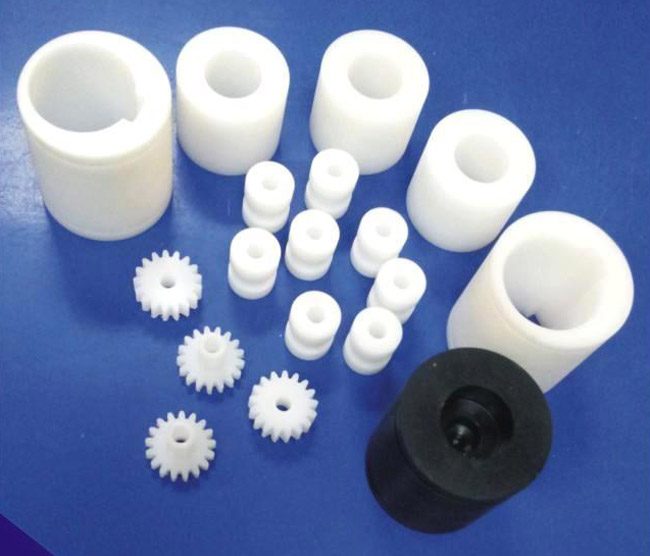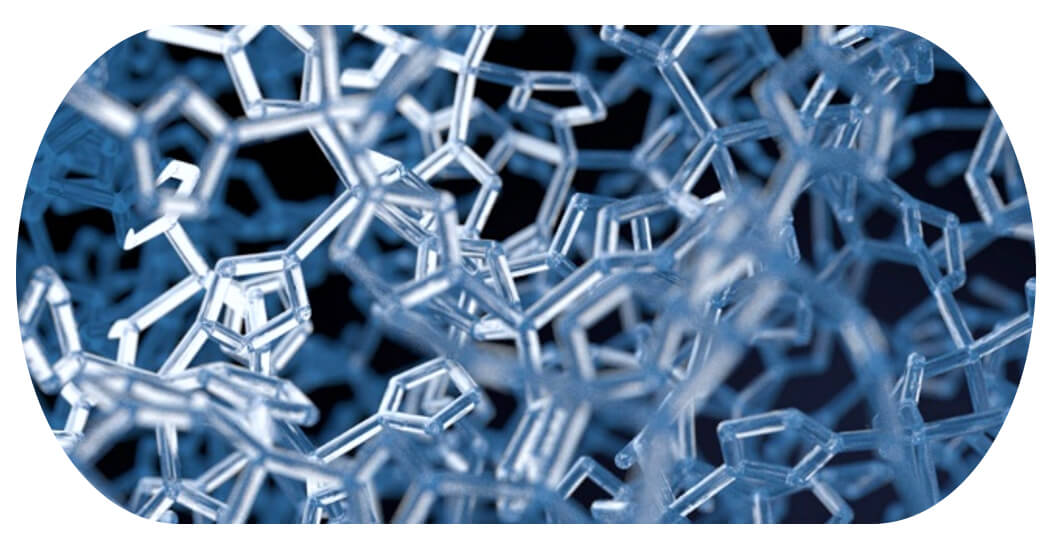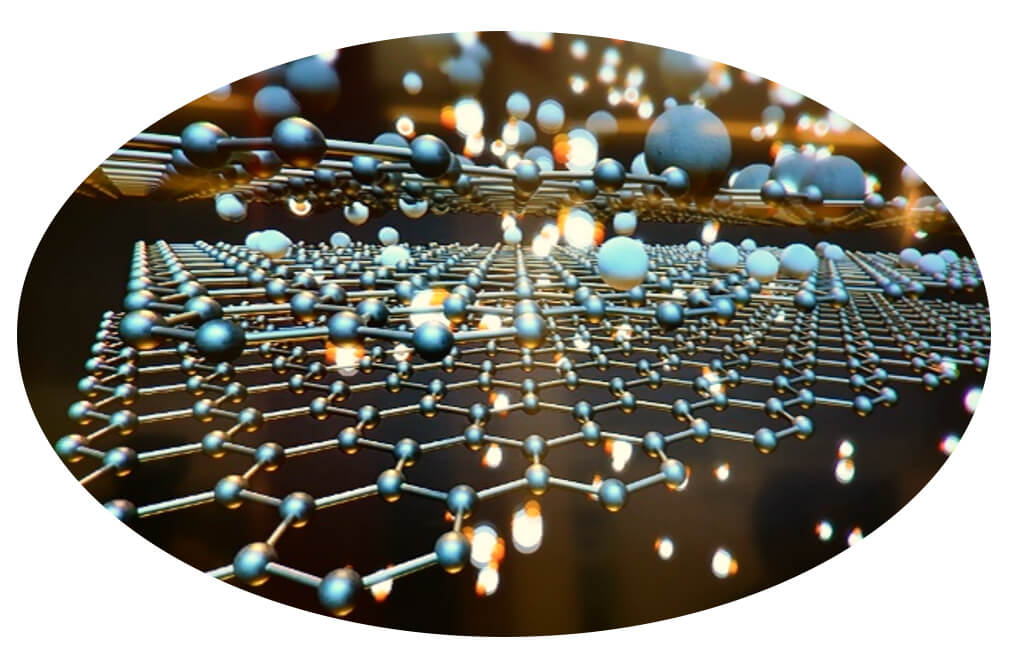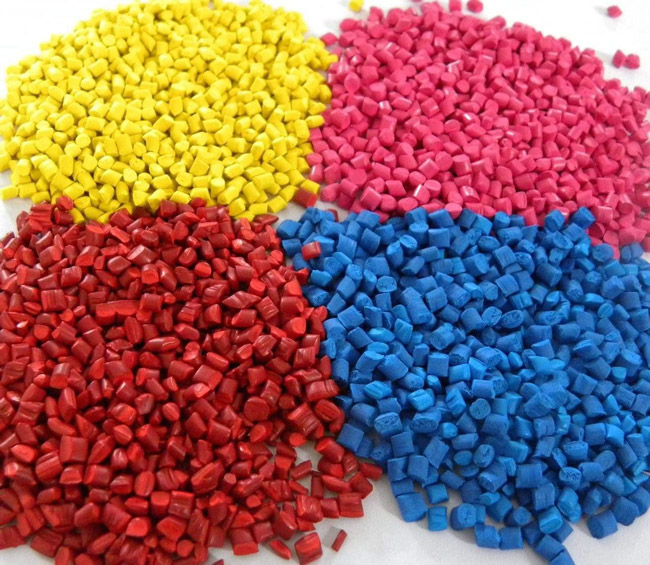Special hardener for polyurethane coatings is a special hardener designed to improve the hardness, wear resistance, chemical resistance and other properties of polyurethane coatings additive. This type of hardener can not only improve the physical properties of the coating, but also maintain or enhance its original properties, such as gloss, adhesion and weather resistance. The following is a detailed introduction to special hardeners for polyurethane coatings.
Special hardener for polyurethane coatings
Polyurethane coatings are widely used in many industries due to their excellent performance, such as construction, automobiles, furniture, electronics and other fields. In order to further improve the performance of polyurethane coatings, especially in terms of hardness, special hardeners for polyurethane coatings have become an indispensable part.
1. Mechanism of action of hardener
Special hardeners for polyurethane coatings react with active ingredients in polyurethane coatings to form a denser cross-linked network, thereby improving the hardness and other physical properties of the coating. The addition of hardeners can make the paint surface harder, reduce damage caused by scratches and abrasions, and also improve its chemical resistance and weather resistance.
2. Classification of hardeners
Special hardeners for polyurethane coatings can be divided into several categories based on their chemical structure and functional properties:
- Isocyanate hardener: This type of hardener contains multiple isocyanate groups, which can cross-link with the hydroxyl groups in polyurethane coatings to form a stronger coating film.
- Epoxy resin hardener: Enhances the hardness and chemical resistance of the coating film by reacting the epoxy group with the hydroxyl or amine group.
- Silane coupling agent: This type of hardener can improve the adhesion between the coating and the substrate, and can also increase the hardness of the coating film.
- Other functional hardeners: Including certain special modifiers, such as polymers containing special functional groups, which can further improve the performance of the coating film.
3. Factors to consider when choosing a hardener
When choosing a suitable hardener for polyurethane coatings, you need to consider the following aspects:
- Performance requirements: Depending on the application, there are different requirements for the performance of the coating, such as hardness, wear resistance, gloss, etc.
- Reactivity: The hardener should have good reactivity and be able to react quickly with the active ingredients in the polyurethane coating.
- Compatibility: Hardeners need to have good compatibility with other ingredients in the paint to avoid precipitation or delamination.
- Environmental protection: Choose hardeners with low VOC (volatile organic compounds) content to comply with environmental regulations.
4. Application cases of hardener
- Automobile coating: In automobile coating, the use of high-performance hardeners can significantly improve the hardness and scratch resistance of the body coating and extend the service life of the coating.
- Architectural coatings: In building exterior wall coatings, the addition of hardeners can improve the weather resistance and pollution resistance of the coating and maintain the long-term beauty of the wall.
- Furniture coatings: Polyurethane coatings for furniture can increase the hardness of the furniture surface by adding hardeners and reduce scratches and wear during daily use.
5. Common brand recommendations
- Shuode: The polyurethane hardener provided by Shuode is known for its high performance and stability and is suitable for many types of polyurethane coatings.
- Longying: Although the LYH-210 textile hardening resin launched by Longying is mainly used for textile post-processing, it is also suitable for polyurethane coatings that require increased hardness.
- Dulux: Hardener products under the Dulux brand, such as DM-1 model, are suitable for hardening treatment on concrete surfaces and can also be used in polyurethane coatings to improve their hardness and wear resistance. sex.
6. Precautions for use
- Mixing Ratios: Mix hardener and coating strictly according to the recommended ratios provided by the manufacturer to ensure performance.
- Conditions of use: Pay attention to the use temperature and humidity conditions of the hardener to avoid affecting its performance.
- Safety: Take appropriate safety measures during use, such as wearing protective gloves and glasses, and ensuring the work area is well ventilated.
7. Conclusion
Special hardeners for polyurethane coatings play an important role in improving coating performance. Through reasonable selection and use of hardeners, not only the hardness of the coating film can be improved, but also its wear resistance, chemical resistance and weather resistance can be enhanced to meet the needs of different application scenarios. In actual applications, the appropriate type of hardener should be selected according to specific needs and the manufacturer’s operating instructions should be strictly followed.
Please note that the above provides a general introduction to hardeners specifically designed for polyurethane coatings. When using it specifically, it is recommended to refer to the relevant product manuals or consult professional technical personnel for more detailed technical support and suggestions.
Extended reading:
T120 1185-81-5 di(dodecylthio) dibutyltin – Amine Catalysts (newtopchem.com)
DABCO 1027/foaming retarder – Amine Catalysts (newtopchem.com)
DBU – Amine Catalysts (newtopchem.com)
bismuth neodecanoate – morpholine
amine catalyst Dabco 8154 – BDMAEE
2-ethylhexanoic-acid-potassium-CAS-3164-85-0-Dabco-K-15.pdf (bdmaee.net)




















Comments